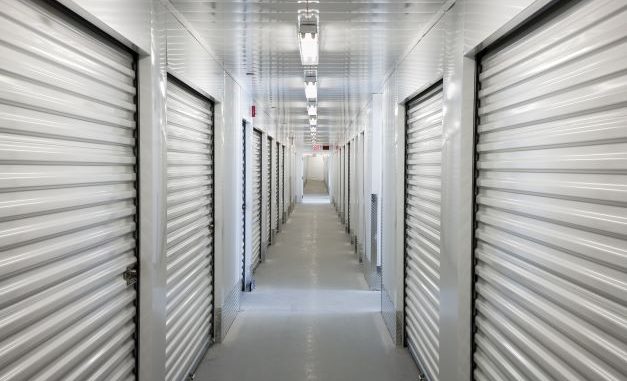
Finding a self-storage unit in London can be tough. Here are some tips to help you find the best deal and get the most out of your storage space.
First, determine what your typical use for the space will be. Will it be for storing seasonal items? Would you like to store all your old clothing or furniture? Do you want to keep records and documents safe? Then, consider where in London you would like to store your items. The proximity of your current location to a self-storage facility is key when considering which one is best for you. Finally, pricing should also play a factor in which facility you choose. Compare prices and availability before deciding on a storage provider.
What are the different storage options?
Storage spaces come in many shapes and sizes, and the type of space you choose will be determined by how much stuff you’ll need to store.
An onsite storage unit is a locked room within a self-storage facility. Landlords usually offer these units in sizes from 2-10 square feet, and they will deliver your items to the storage space yourself.
A drive-up unit is a secure and enclosed space where you can drive up and store any number of items in your car or truck. You can drive straight into the unit, unload your items, lock up, and be on your way.
An offsite storage unit is one that’s not at the same location as your current home or business address. You’ll have to take your things with you when you move them out of the self-storage facility, but this option may save time and energy for people with larger quantities of things to store.

What are the costs associated with renting a self-storage unit?
One of the most important considerations when choosing a storage unit is pricing. Storage facilities have different rates, so it’s important to compare prices before deciding on a facility. Storage facility rates are generally divided into three tiers: monthly, long-term, and short-term.
Monthly rates are often the cheapest option if you will be storing items for an extended period of time. These rates are usually accessed by paying monthly instalments, though there is sometimes a one-time fee to access the space.
Long-term or yearly rates are generally more expensive than monthly rates because they provide continuous access for an entire year. However, some owners offer discounts for long-term contracts that make these rates cheaper than they would otherwise be.
Short term or temporary storage is typically more expensive than other options because these units only offer short term usage (usually up to 30 days). These rates can include any combination of payment methods like daily, weekly, or with each use.
And of course, there are different factors that impact pricing like location and accessibility.
How much does it cost to rent a self-storage unit in London?
Renting a self-storage unit in London can be expensive. If you’re looking at long-term storage, the cheapest prices start at about £10 per month for a 10 ft x 10 ft space. However, if you’re looking for short-term, low-cost storage with no long-term commitment, it’s best to look for one of the many available mobile self-storage units which are priced between £5-£10 per day (£250 per month).
Where can you find London’s cheapest deals on a self-storage unit?
One of the most common questions people ask before deciding on a self-storage facility is, “What are the cheapest deals in London?” It’s hard to compare prices without knowing what each facility offers. Some offer great rates that change depending on when you use your space. Others offer cheap monthly or yearly rates.
If you want to save money on your storage space, make sure to compare all the different prices and deals. Then choose which one is best for you!
Is there anything else I should know before renting a self-storage unit in London?
One of the most important things to consider when looking for storage space is what you plan to store in it. This will give you an idea of the size that will work best for your needs. You want to make sure that you’re not paying more than you need to be or more than you can afford for a unit.
Some people are tempted by the cheap deals on storage facilities, but this could actually end up costing them more money in the long run. One way to avoid this is by waiting until January or February when rates are typically at their lowest point of the year.
You’ll also want to think about how you plan on getting into your unit. If there’s just one entrance and exit, then that means anyone who has access will have access to your stuff—and vice versa. The best option is a facility with individual entrances and exits so only residents have access to their units.
Consider these tips before renting a storage unit in London!